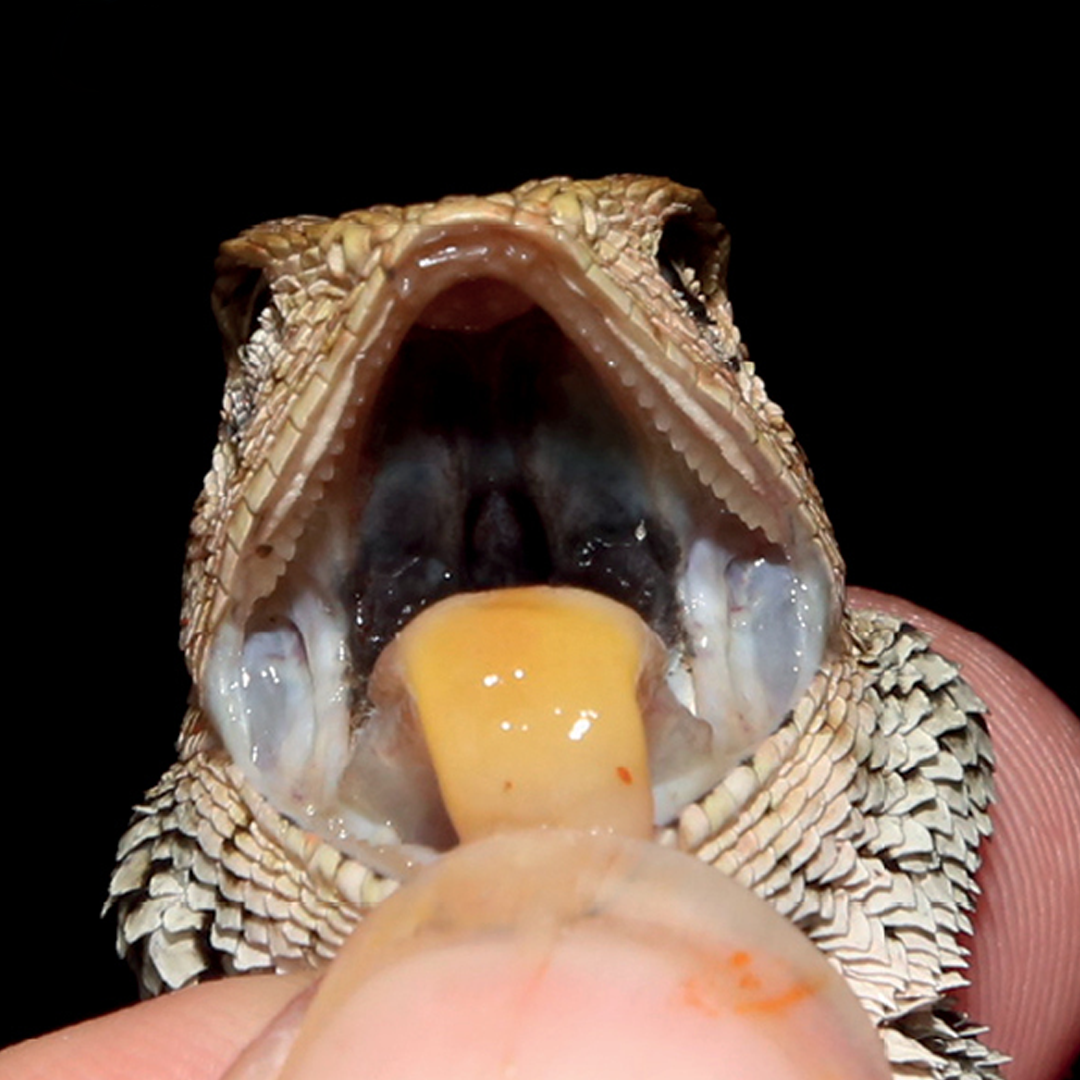Joining the ranks of newly discovered species in Asia is a snazzy-looking iguana with a bright orange tongue.
Researchers have been looking closely at what they initially believed to be one species of iguana found in the subtropical evergreen forests of South China and Northern Vietnam. On further inspection, however, the team found that the species was split into more than just what they thought they were looking at – Calotes versicolor, also known as the changeable lizard. C. versicolor has its own complicated history with incomplete descriptions and lost museum specimens, adding to the confusion surrounding these species.
“From 2009 to 2022, we conducted a series of field surveys in South China and collected a number of specimens of the Calotes versicolor species complex, and found that the population of what we thought was Calotes versicolor in South China and Northern Vietnam was a new undescribed species and two subspecies,” said Yong Huang, whose team described the new species, in a statement.
The new species is called Wang’s garden lizard (Calotes wangi) after Prof. Yuezhao Wang, a former director of the Amphibian and Reptile Research Laboratory and Museum of Herpetology. Its Chinese name is 中国树蜥 (zhōng guó shù xī).
“Calotes wangi is found in subtropical evergreen broad-leaved forests and tropical monsoon forests in southern China and northern Vietnam, mostly in mountainous areas, hills and plains on forest edges, arable land, shrub lands, and even urban green belts. It is active at the edge of the forest, and when it is in danger, it rushes into bushes or climbs tree trunks to hide. Investigations found that the lizards lie on sloping shrub branches at night, sleeping close to the branches,” said Huang.
By using available DNA sequences of all the known species in the Calotes genus, the team could construct a phylogeny tree of Calotes wangi. Morphology assessments also showed that the adult male the team found had a smaller head than other populations of Calotes in India and Southern China and in total length, the new species is only 9 centimeters (3.5 inches) long. One of its main distinguishing features, however, is the presence of a bright orange tongue, which it uses in feeding on insects, spiders, and other arthropods.
Say ahhhhh!
In addition to Calotes wangi, genetic analysis also revealed a further two subspecies: the Hainan garden lizard (Calotes wangi hainanensis) and Calotes wangi wangi.
While the team believe the new species and subspecies are not threatened, they note that “their bodies are used medicinally and the lizards are also eaten,” as well as facing some areas of habitat fragmentation. As a result, they suggest that the government put in place strong ecological environmental protections to safeguard these species.
The study is published in ZooKeys.
Source Link: New Iguana Species With Bright Orange Tongue Discovered In China
